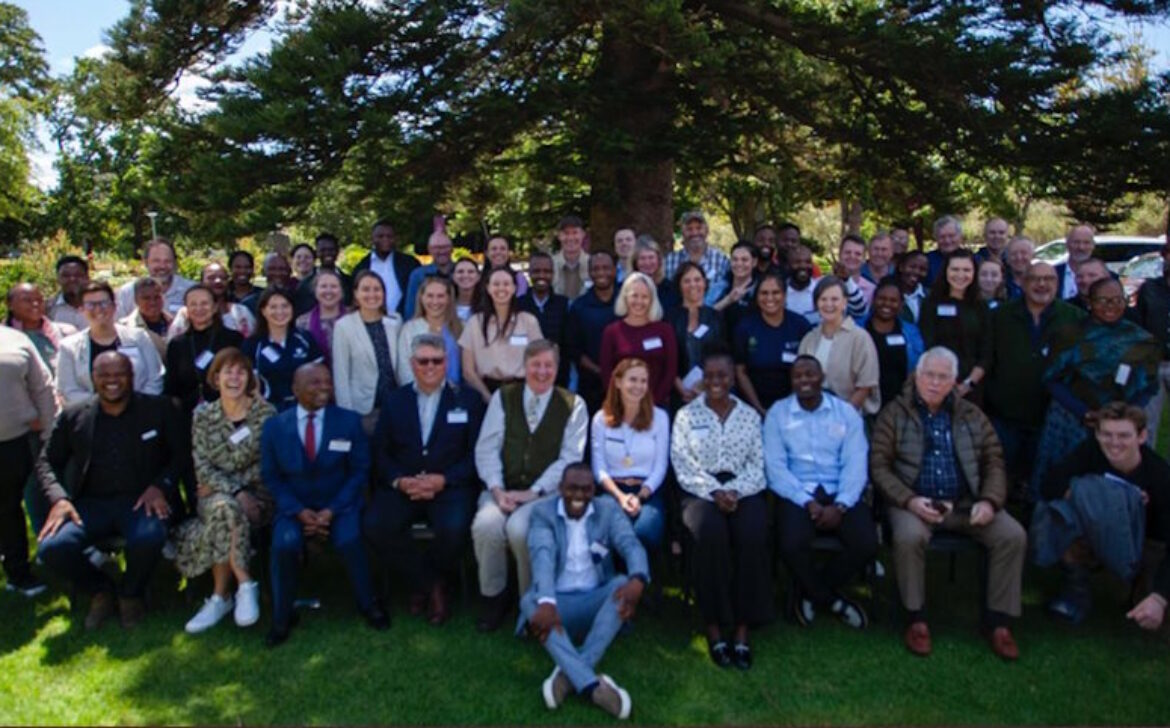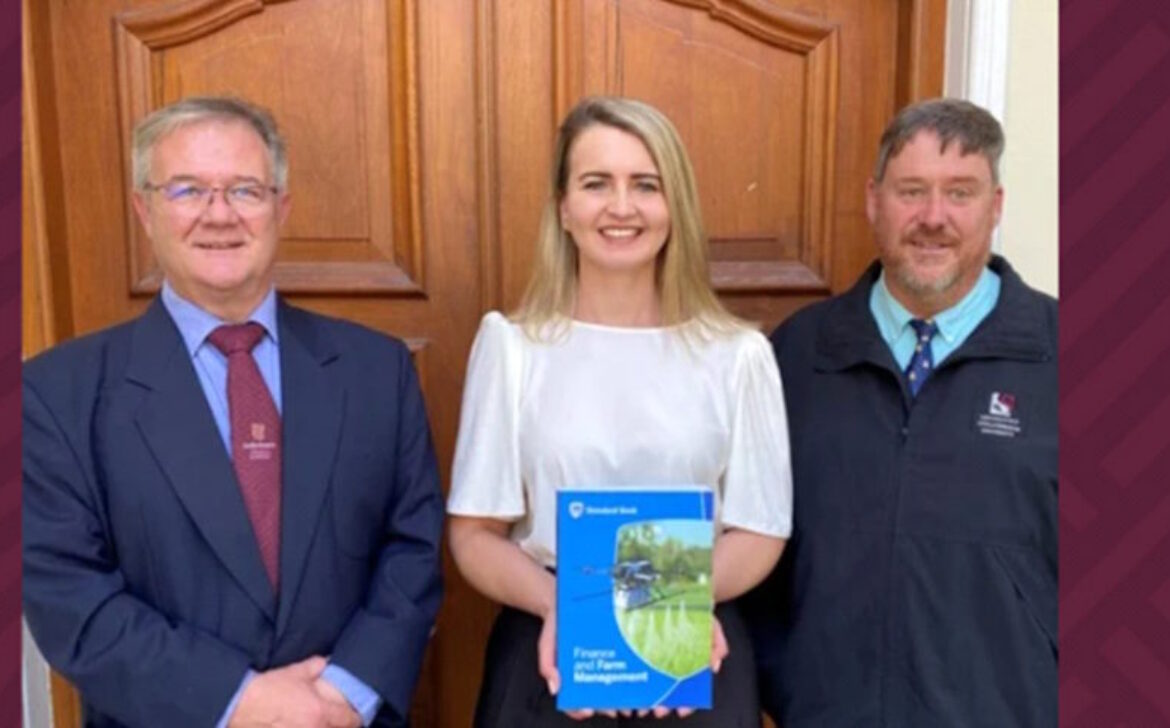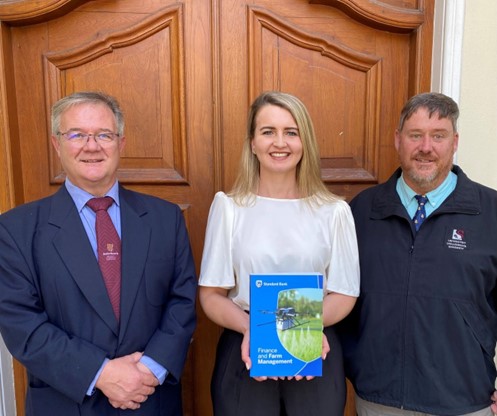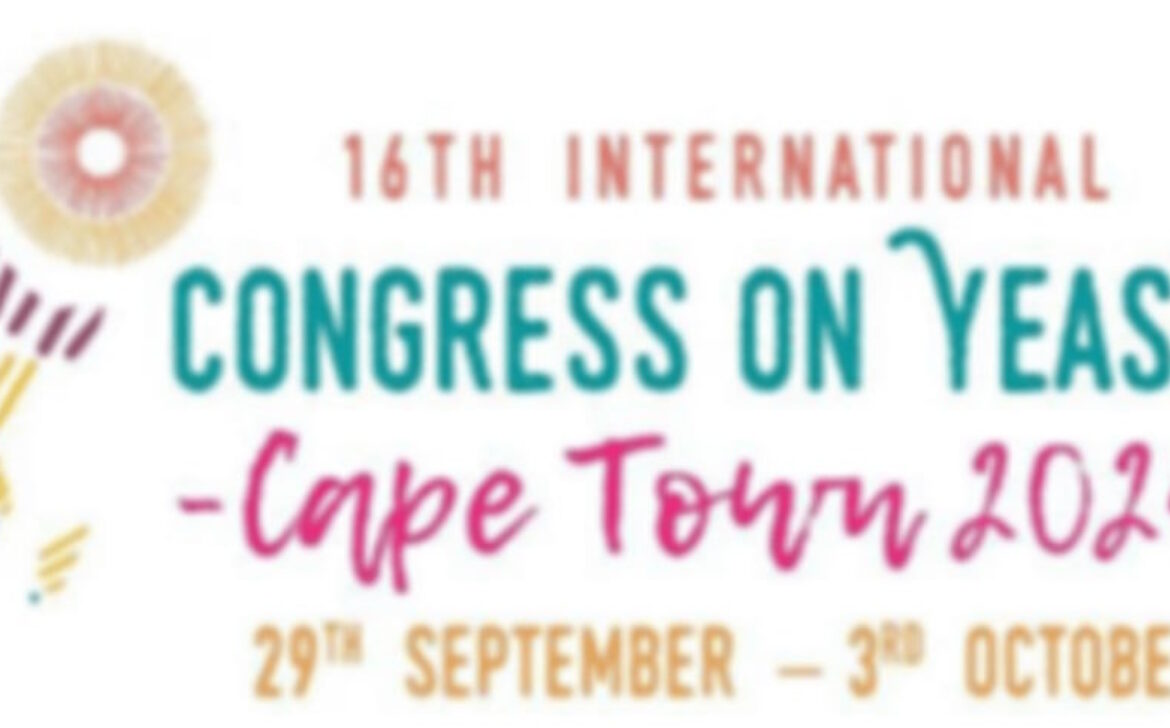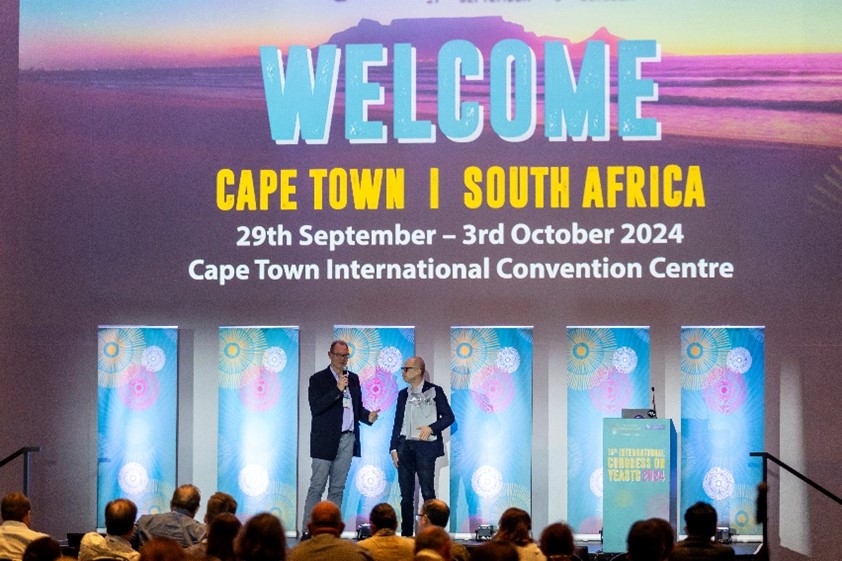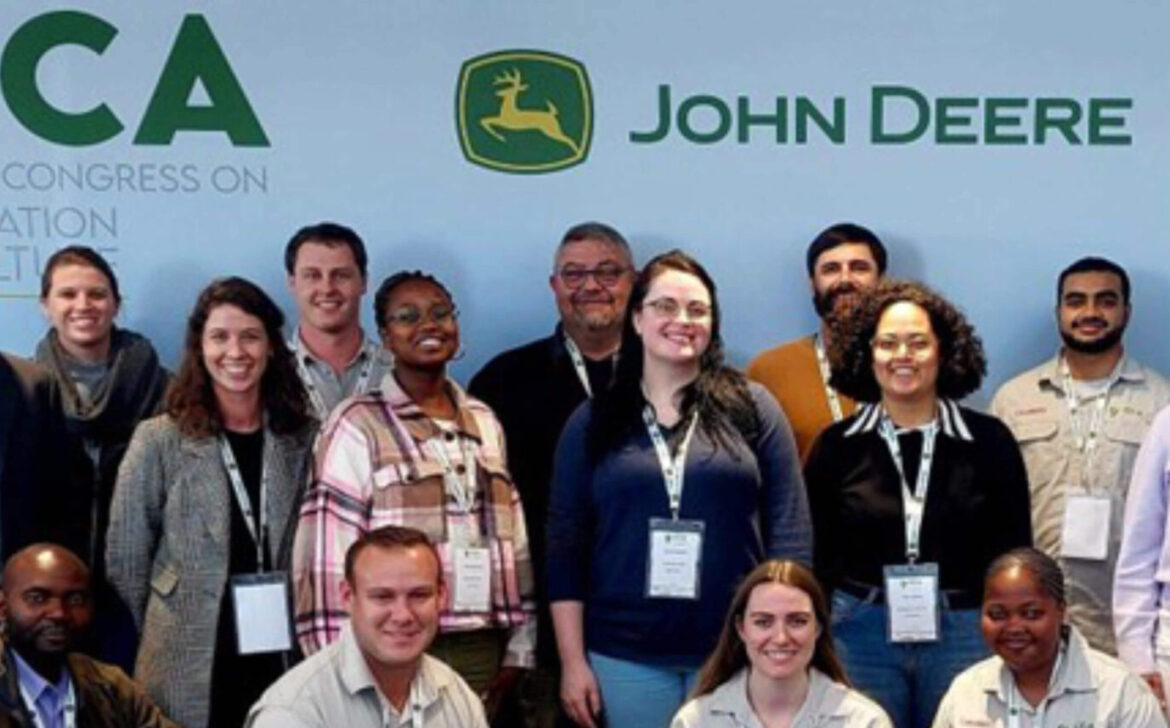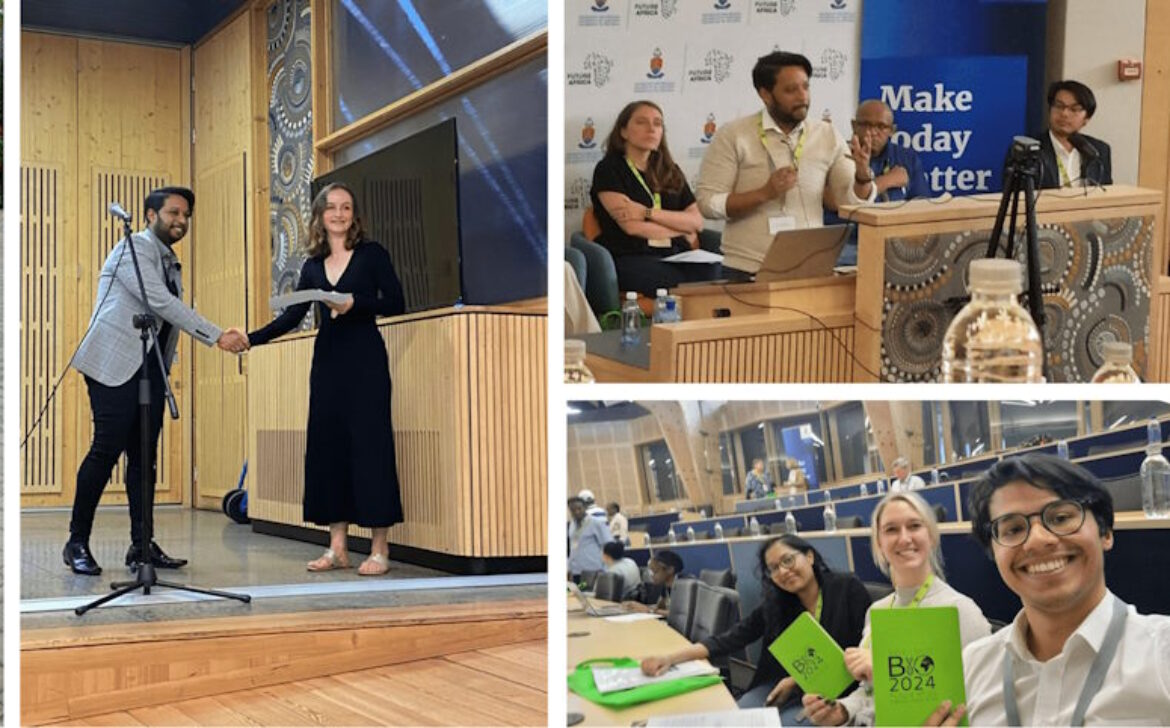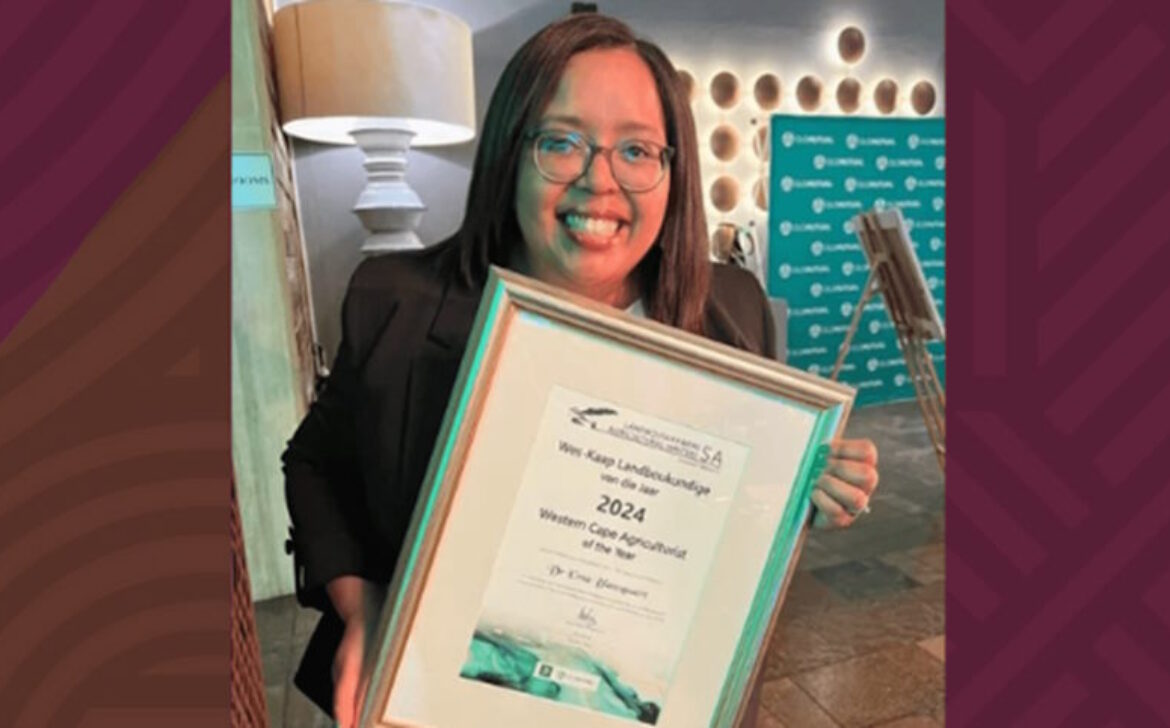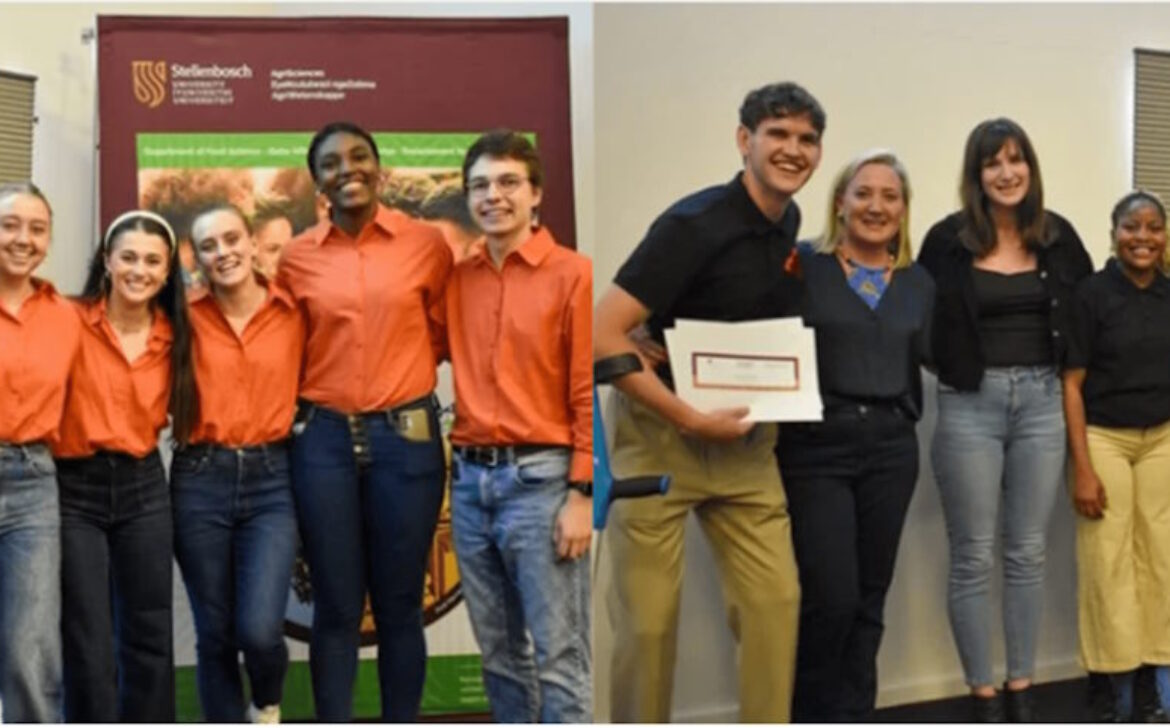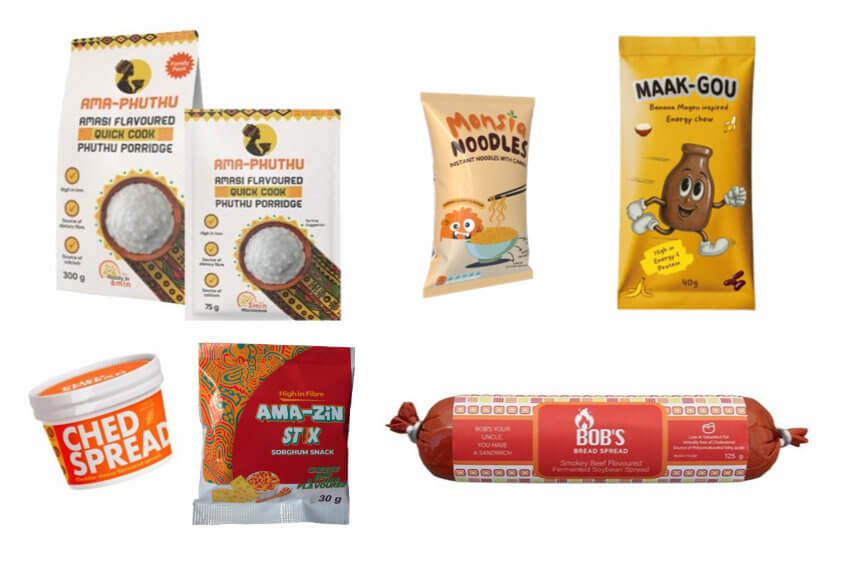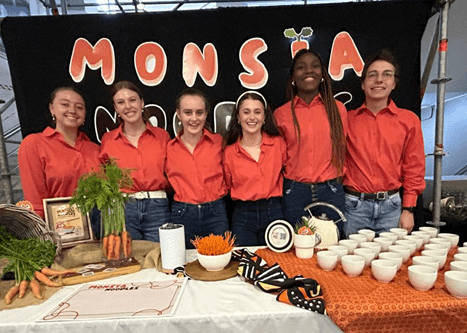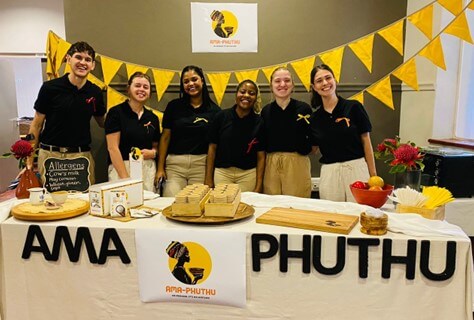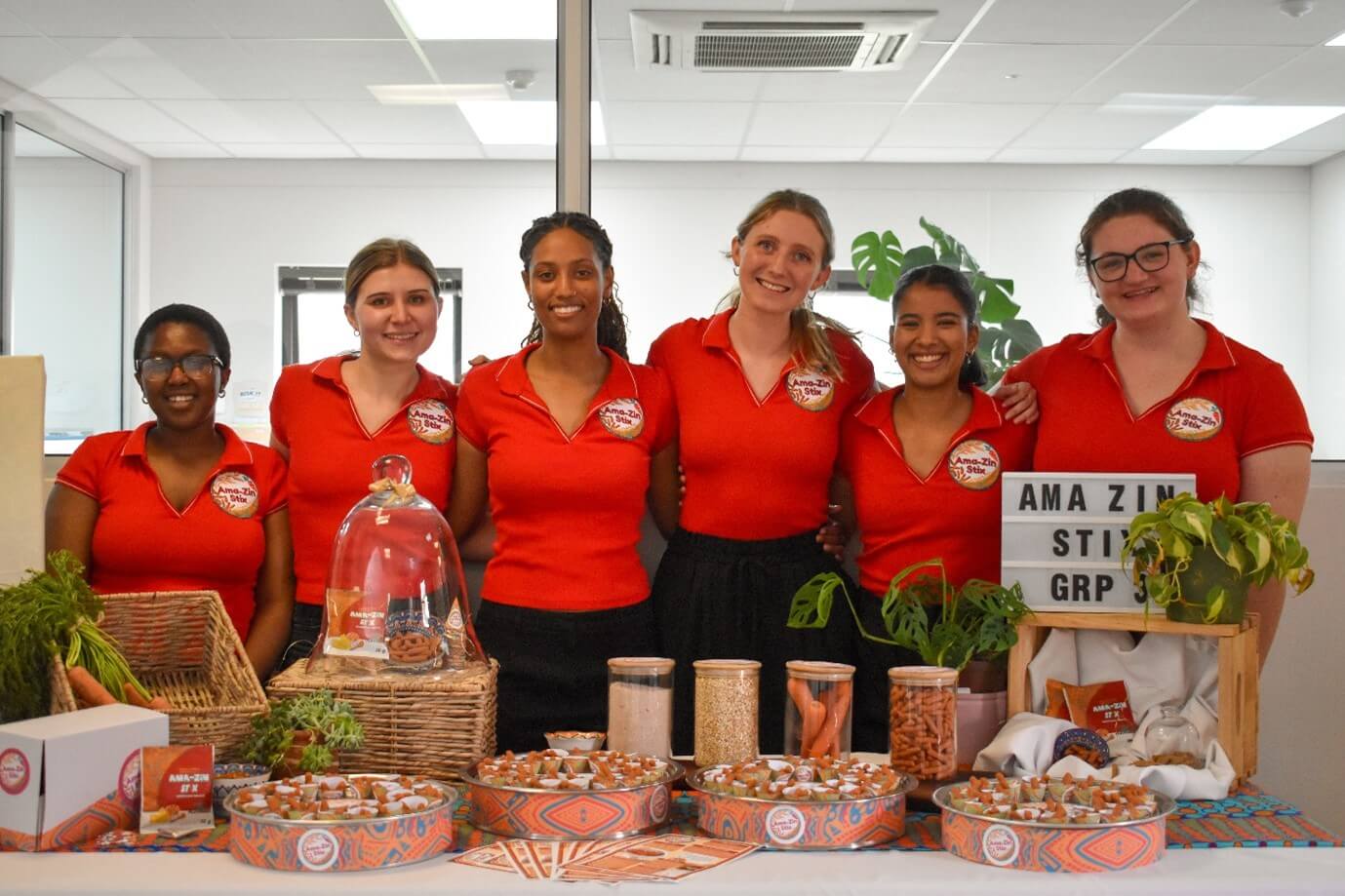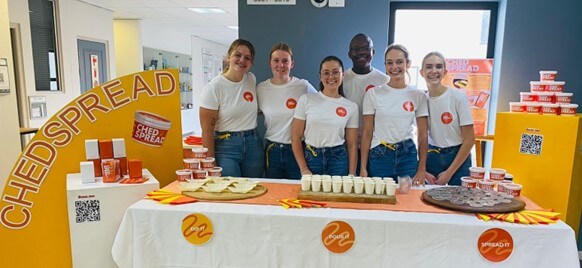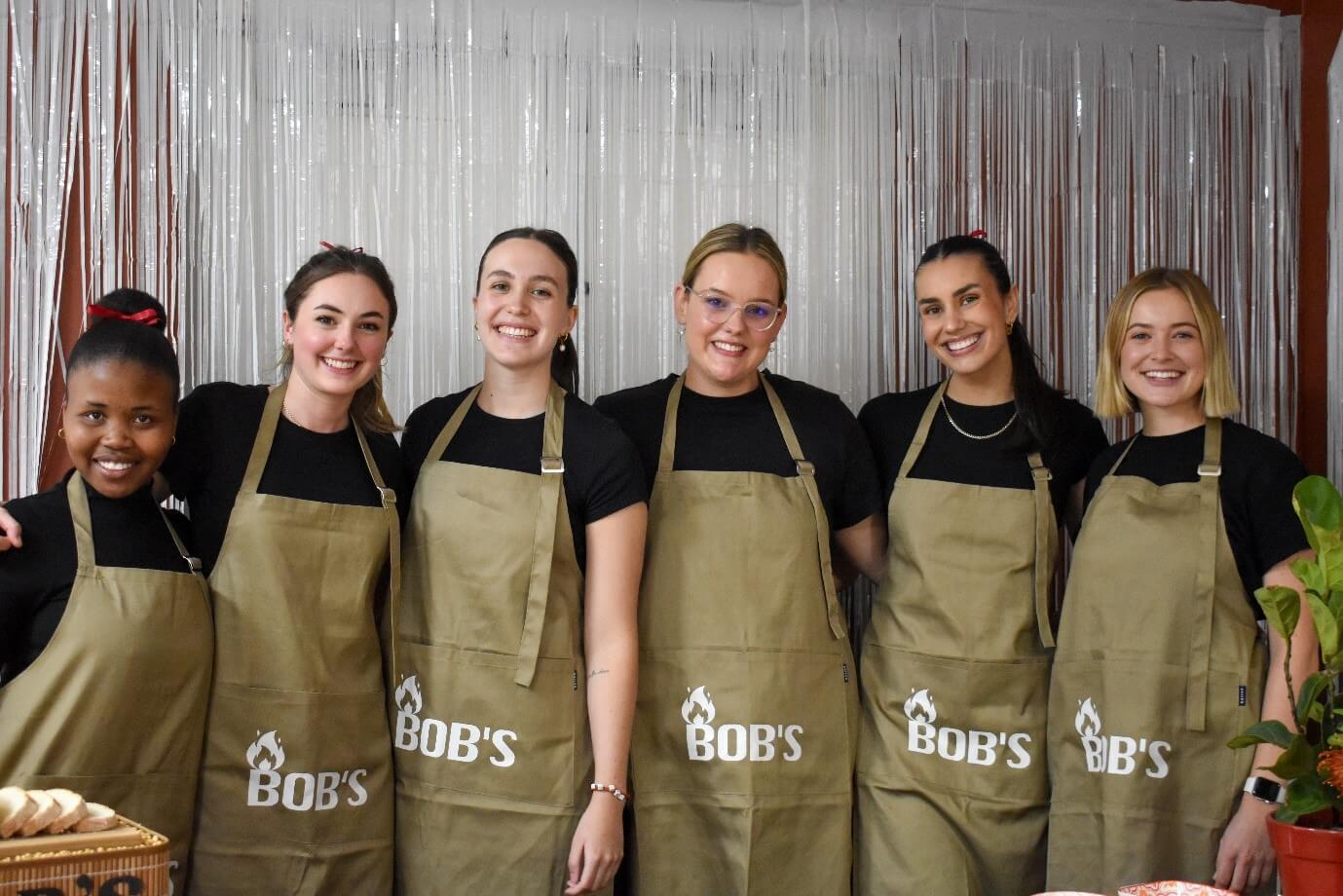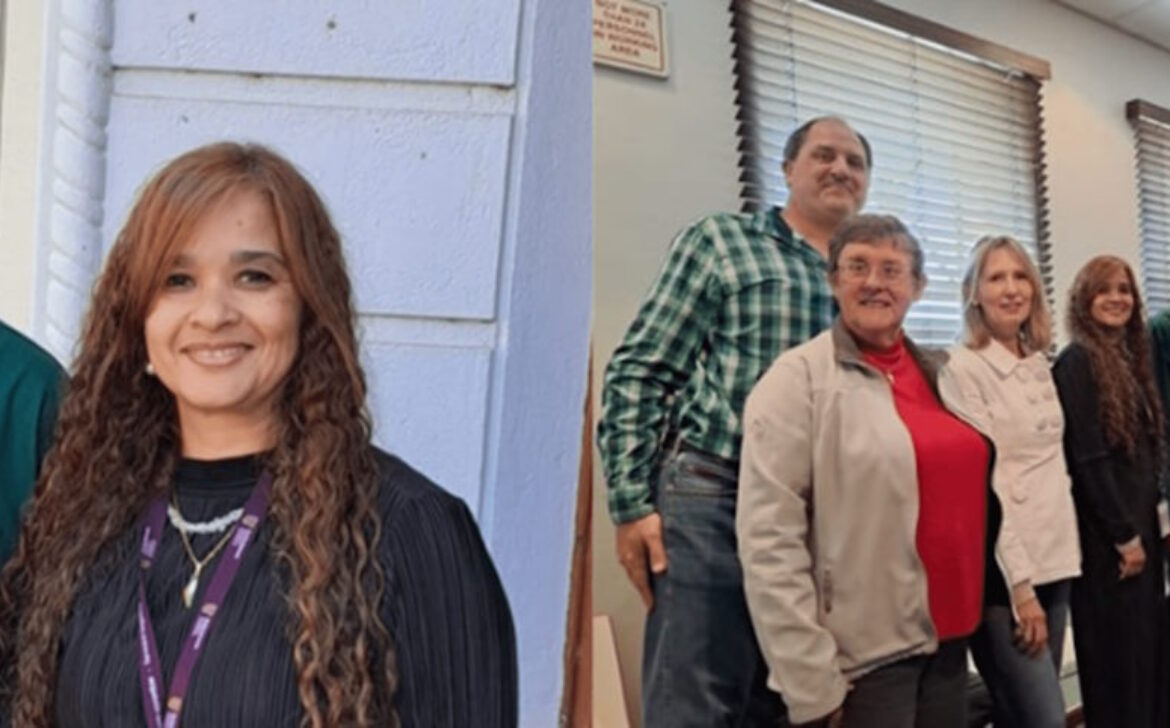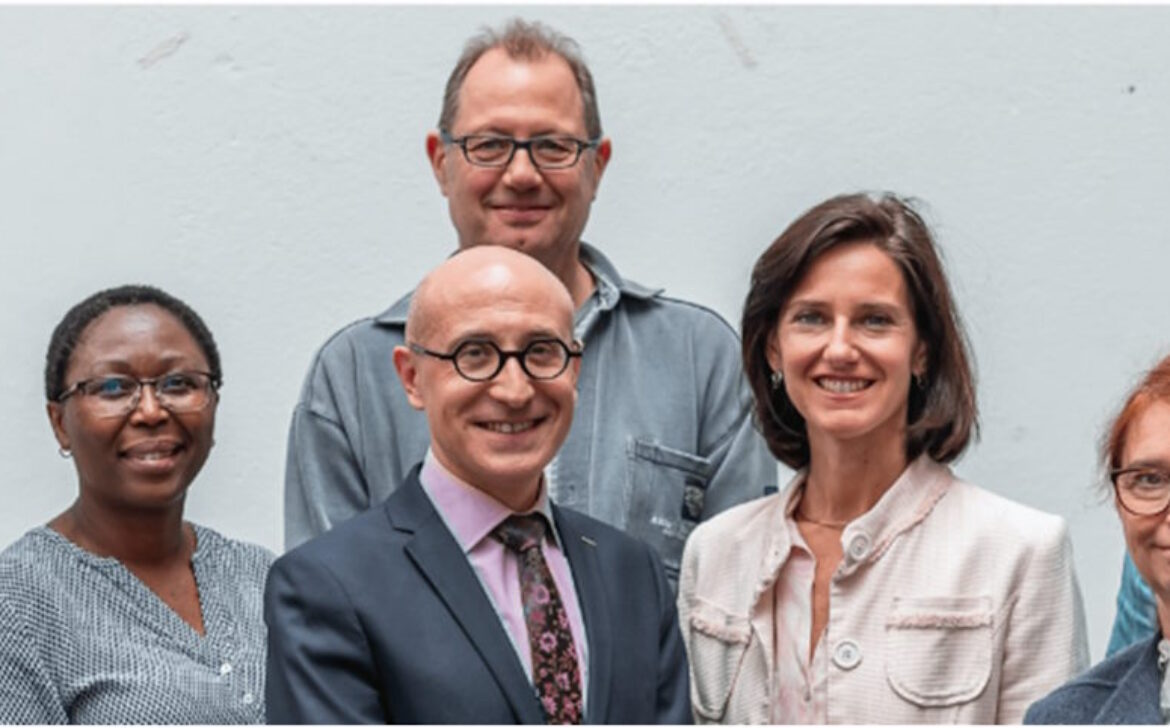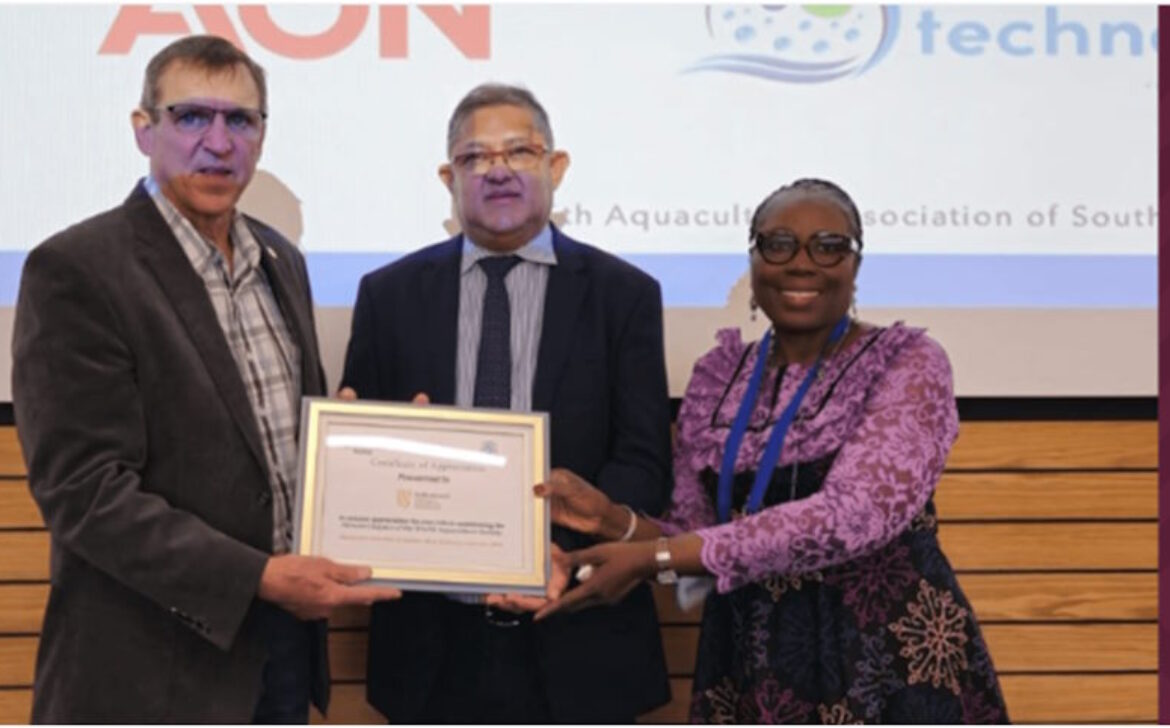Insights from the African Wildlife Economy Colloquium
How can the use of Africa’s rich wildlife resources contribute to conservation and effectively support livelihoods and economic development? From the 4th to 6 th of November 2024, a diverse group of researchers, experts, government officials, business leaders, and students came together in Stellenbosch, South Africa, to answer this overarching and yet pertinent question at the inaugural African Wildlife Economy Colloquium. The event was hosted by the African Wildlife Economy Institute in partnership with the Southern African Wildlife College; the Center for Conservation Social Sciences, Cornell University; the Wildlife Conservation Research Unit, University of Oxford; Oppenheimer Generations Research and Conservation; ShareScreen Africa; the Brettschneider Cornell Oxford Exchange Fund; and Jamma Conservation & Communities.
The Colloquium speakers and attendees came from across the African continent and beyond. Overall, 17 countries were represented with 12 from Africa. A total of 281 people attended with 165 attendees participating online, while 64 attendees joined in person. The event featured 52 speakers sharing their insights and contributing to the event's series of thematic panel discussions.
Conservation and Economics
A prominent theme throughout the Colloquium was the opportunity of aligning conservation efforts with economic considerations. Speakers emphasised that for wildlife to thrive, policies must support both biodiversity conservation and economic growth. This alignment is crucial, notably in sectors like wildlife ranching, where economic pressures undermine conservation goals or in protected areas where conservation pressure might undermine economic growth.
The discussions highlighted the importance of creating policies that not only incentivise conservation but also make it financially viable for landowners and communities to engage in sustainable wildlife management. This was also highlighted on the presentation by Khorommbi Matibeo of the South African Department of Forestry, Fisheries and the Environment who emphasised that, “the Department’s current policies such as Game Meat Strategy and National Biodiversity Economy Strategy places more emphasis on an inclusive economy that seeks to deliver sustainable, and equitable opportunities for local communities”. This approach aligns with the Global Biodiversity Framework and with regional commitments such as SADC’s Wildlife-based Economy Strategy Framework. Adam Cruise from, Endangered Wildlife Investigations however,
cautioned that sustainable use of wildlife, should be mindful of what he called “the curse of commercialising nature” leading to overexploitation of wild species.
Financing and Investing in Wildlife Enterprises
It was clear from the Colloquium throughout the three days that the success and sustainability of wildlife economies depend on how we invest and finance wildlife enterprises. Industry players highlighted that the first line of defence to wildlife business financing is to trade and make a return. This includes being innovative in the product portfolio offering as well as assuring consumers that their products are safe and managed sustainably. Other financing models discussed included carbon credits schemes that link with wildlife habitat as pointed out by Mike Musgrave from ALU’s School of Wildlife Conservation. Another innovative approach to building and growing wildlife enterprise was the donation of game to emerging game ranchers by SANParks as reported by Klarine Schutte, an AWEI graduate student The discussions highlighted an increasing need to come up with innovative financing models and incentives for the sustainable use of Africa’s rich biodiversity resources.
Certification for Sustainability
The importance of standards certification systems in promoting sustainable use practices was a recurring theme. Presenters discussed how third-party certification can enhance the credibility of wildlife products – from game meat to wild plant ingredients. Deborah Vorhies from the FairWild Foundation, said “sustainability standards should not only focus on harvesting practices, but they should be streamlined across the value chains including the fair treatment of all actors involved in the entire value chain”. These systems not only assure
consumers of the sustainability of their purchases but also encourage producers to adhere to best practices, creating a market for ethically sourced wildlife products.
Emerging Opportunities in Wildlife Trade
The Colloquium highlighted emerging opportunities within wildlife economies, particularly in the realms of game meat markets and even the overlooked thriving insect trade. The wildlife economy encompasses more than ecotourism, hunting or game meat. There over 30 insects that are wild harvested for food and traded amongst communities and across Africa, Biandri Joubert, a postdoc at the University of the Witwatersrand asked a critical question which needs further investigation. “Does the law understand insects?” This stimulates discussion on the potential for formally recognising informal wild species uses that contribute significantly to local economies, intra-Africa trade, and food security. Careful management and regulation need to ensure that these enterprises prosper and do not compromise biodiversity.
Ethical and Health Considerations in Wildlife Management
There was critical examination of ethical considerations surrounding hunting and wildlife use. Contextualising the ethics of hunting in the African context needs to take into consideration what hunting means to the African communities who have hunted for many thousands of years. As part of addressing ethical concerns, local people, are currently excluded and commonly labelled as poachers for pursing their hunting ambitions. The conversations also emphasised the need for equitable distribution of benefits derived from hunting tourism, addressing concerns about fairness and sustainability. These ethical considerations are vital for fostering community support for conservation initiatives and should ensure that previously excluded and dispossessed people are part of hunting and have access to the wild resources on their lands.
Linked to ethics and sustainability, was the health and food safety of wild harvested products. For instance, Lydia Bhebhe, an AWEI postgraduate, noted that “there is a need for integration of human, animal, and environmental health through the lenses of the One Health principles. Participants stressed that success of wildlife enterprises depend on the interconnectedness of health considerations. These sentiments were also echoed by Qudra Kagemba, from TRAFFIC who is focusing on how to reduce zoonotic disease and sustainability risks in Tanzania game meat industry by developing a one health approach to value chain management. By adopting a holistic perspective, we can develop wildlife economy strategies that promote not only conservation and enterprise, but also ethical practices and health communities.
Promising Pathways
The African Wildlife Economy Colloquium showcased a rich diversity of ideas, insights, and discussions from practitioners and researchers showing the interconnectedness of complex issues relating to sustainable use of wild species and the governance of of Africa’s wildlife economy. Several promising pathways – enabling policies and laws, voluntary standards and certification, development of wild meat value chains, development of ethical wildlife enterprises, and innovative financing models – emerged from the discussions. For all the participants, perhaps the most important takeaway was the recognition that Africa’s wildlife economy is a highly complex system, and we need to bring multiple disciplines and stakeholders together to address identify opportunities for moving forward.
Article supplied by: Klarine Schutte & Lydia Bhebhe


